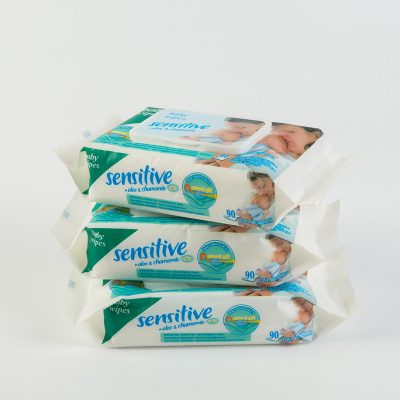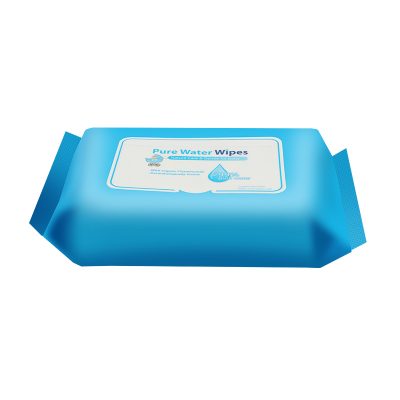Navigating eco-friendly options when it comes to wipes and sustainability is important for minimizing environmental impact. While wipes offer convenience, their single-use nature and potential for containing non-biodegradable materials can contribute to waste and pollution. Here are ways to choose more sustainable options:
- Biodegradability and Compostability: Look for wipes that are labeled as biodegradable or compostable. These wipes are designed to break down naturally over time, reducing their impact on landfills and ecosystems.
- Natural and Renewable Materials: Opt for wipes made from natural and renewable materials such as bamboo, organic cotton, or wood pulp. These materials are more sustainable compared to synthetic options.
- Minimal Packaging: Choose wipes that come in minimal or recyclable packaging. Excess packaging contributes to waste, so selecting products with minimal packaging helps reduce environmental impact.
- Certifications: Look for certifications like FSC (Forest Stewardship Council) or OEKO-TEX Standard 100, which indicate that the wipes meet certain environmental and safety standards.
- Reusable Options: Consider reusable cloth wipes for certain tasks. Cloth wipes can be washed and used multiple times, significantly reducing the amount of waste generated.
- DIY Solutions: For some tasks, you can create your own eco-friendly wipes using natural cleaning solutions and reusable cloth. This allows you to control the ingredients and reduce packaging waste.
- Avoid Harmful Ingredients: Some wipes may contain harsh chemicals that are not only harmful to the environment but also to your health. Choose wipes with natural and non-toxic ingredients.
- Support Brands with Sustainable Practices: Research and support brands that prioritize sustainability in their production processes, materials sourcing, and packaging.
- Limit Use: While wipes can be convenient, it’s best to limit their use to situations where they are truly necessary. For routine cleaning tasks, opt for reusable alternatives like washable cloths and sponges.
- Proper Disposal: If you must use disposable wipes, dispose of them properly in accordance with local waste disposal guidelines. Avoid flushing wipes down the toilet, as they can contribute to clogs and sewer problems.
- Educate Yourself: Stay informed about environmental issues related to wipes and seek out resources and articles about sustainable practices in personal care and cleaning.
- Reduce Overall Consumption: Ultimately, reducing overall consumption of disposable products, including wipes, is a key step toward sustainability. Consider how essential wipes are in your daily routine and find alternatives whenever possible.
By making conscious choices and supporting eco-friendly options, you can contribute to a more sustainable and environmentally responsible approach to using wipes and other disposable products.
















